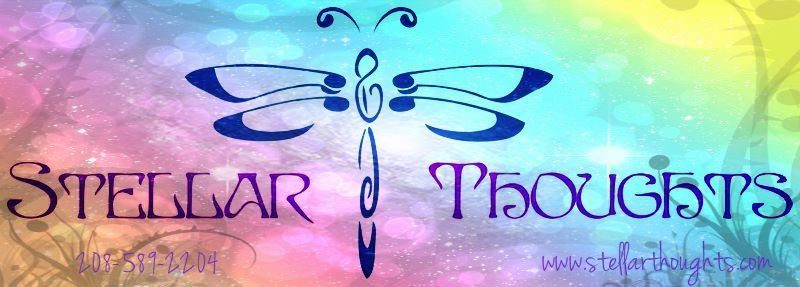
Glossary of Terms and Definitions—
Aura:
A field of subtle, multicolored, luminous radiations said to surround living bodies as a halo or cocoon; the term is occasionally used to refer to the normal electromagnetic field forces surrounding the body. [Latin, from the Greek, “breath of air”]
Chakra:
The word chakra is Sanskrit for wheel or disk and signifies one of seven basic energy centers in the body. Each of these centers correlates to major nerve ganglia branching forth from the spinal column.
Clairvoyance:
Paranormal acquisition of information concerning an object or contemporary physical event; in contrast to telepathy, the information is assumed to derive directly from an external physical source (such as a concealed photograph), and not from the mind of another person; one particular form of extrasensory perception, it is not to be confused with the vulgar interpretation of “clairvoyance” as meaning “knowledge of the future” (for which see Precognition).
Coincidence, In The Paranormal:
Two events are said to constitute a coincidence if they occur in such a way as to strike an observer as being highly related as regards their structure or their “meaning”; to dismiss such an occurrence as a “mere coincidence” is to imply the belief that each event arose as a result of quite independent causal chains (that is, they are “acausal”) and that no further “meaning” or significance is to be found in this fortuitous concurrence; sometimes, however, a sense of impressiveness is engendered by the belief that the concurrence is so very unlikely as to have been the result of “pure chance” that there must be some cause or reason for the concurrence, thus investing the coincidence with a sense of meaningfulness. See also Synchronicity.
Deja Vu:
French for “already seen,” the feeling or illusion of having previously experienced an event or place actually being encountered for the first time; also called “false memory,” or “memory without recognition,” although the phenomenon could conceivably involve precognitive or clairvoyant information, in which case Frederic Myers gave it the name
promnesia. [From the Greek pro, “prior to,” + mnesis, “memory”]
Divination:
Practices involving the interpretation of signs or symbols that seek to obtain oracular knowledge of events. Examples of divinatory practices are geomancy, tarot, I Ching, sortilege, and reading tea leaves
Empathy:
The ability to understand the experience or emotional state of another person or animal. Often used to refer to an apparently psychic ability to experience another person's sensations, pain or emotions. Cf. clairsentience, intuition.
Extrasensory Perception (ESP):
Paranormal acquisition of information. Includes clairvoyance, telepathy and precognition.
Intuition:
The non-paranormal ability to grasp the elements of a situation or to draw conclusions about complex events in ways that go beyond a purely rational or intellectual analysis.
Meditation:
Mental or physical-mental techniques which aim to produce spiritually desirable states of consciousness.
Medium:
A person believed to act as an intermediary between discarnate entities and the living.
Palmistry:
The art of assessing a person's character and forecasting life events by examining features of the hand.
Paranormal:
Beside or beyond the normal. Inexplicable in terms of our ordinary understanding or current scientific knowledge.
Precognition:
The paranormal awareness of future events.
Premonition:
An experience believed to foretell future events.
Psi:
A term used to encompass all paranormal abilities.
Psyche:
Generally refers to the mind.
Psychic:
A person who exhibits psi ability (also used as an adjective).
Telekinesis:
Paranormal movement of objects.
Telepathy:
Paranormal awareness of another person's experience (thoughts, feelings, etc.). In practice it is difficult to distinguish between telepathy and clairvoyance. See also ESP.
Teleportation:
Paranormal transportation of objects to a distant place.
Transpersonal Psychology:
The study of experiences, beliefs and practices that suggest that the sense of self can extend beyond our personal or individual reality. The subject matter of transpersonal psychology overlaps to some extent with parapsychology, but the two disciplines tend to have different approaches and emphases. Parapsychology is primarily concerned to investigate evidence for and against the reality of paranormal phenomena. Transpersonal psychology, on the other hand, is more interested in investigating the transpersonal significance of such phenomena (i.e., the ways in which they may give people a sense of connectedness with a larger, more universal or spiritual reality).

